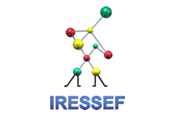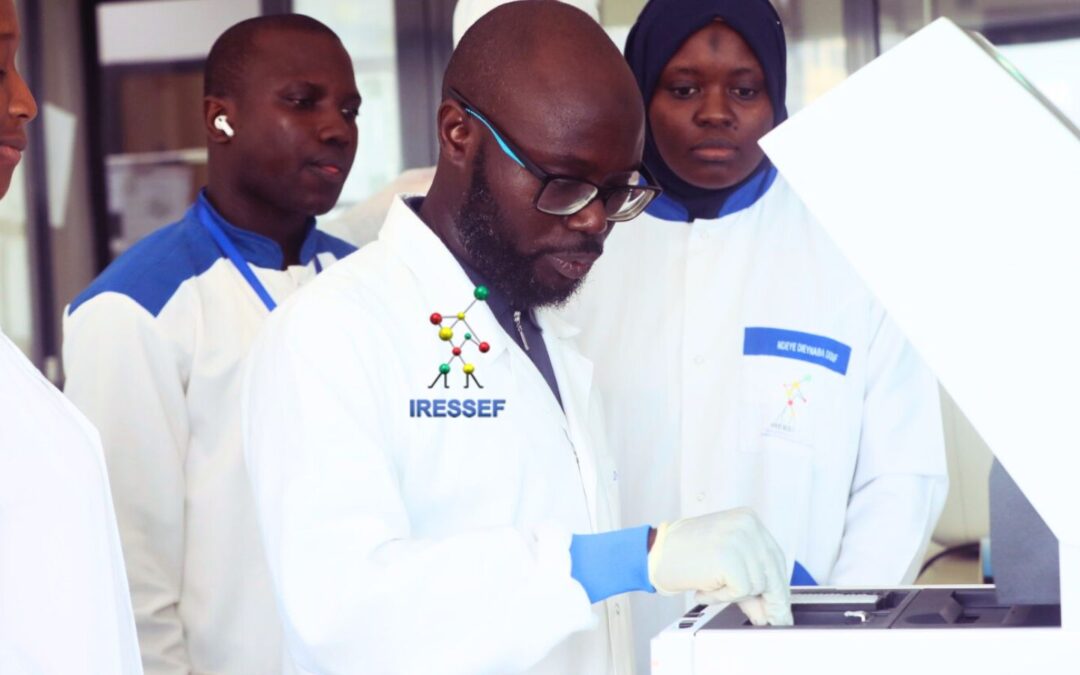Implementation of a new public health strategy for pathogens identification and characterization in the context of climate change: IRESSEF a case study in the surveillance of dengue fever, arboviruses and infectious diseases in Senegal
The CLIMADE (Climate Amplified Diseases and Epidemics) initiative, which brings together a consortium of the world’s leading scientists, aims to fill gaps in knowledge, improve surveillance tools and develop appropriate interventions to reduce the impact of climate-related diseases and epidemics. The initiative was launched in December 2022 and is already having a significant impact in Africa. This quarter, we present CLIMADE’s contribution to improve surveillance of the dengue virus and other arboviruses through Whole Genome Sequencing at IRESSEF (Senegal).
In recent years, the global health community has increasingly paid attention to advanced molecular techniques to improve disease surveillance and response. Dengue fever, a viral disease transmitted by mosquitoes, is a major public health problem in many tropical and subtropical regions, including Senegal. To contribute to the epidemic response, the Institut de Recherche en Santé de Surveillance Epidémiologique et de Formation (IRESSEF) in Senegal started an innovative approach to improve surveillance of the dengue virus through the application of Whole Genome Sequencing. This revolutionary scientific approach, based on capacity building and an immediate skills transfer, will have a real impact on the understanding and management of Dengue and other arboviruses in Senegal.
Dr Abdou Padane, Head of the Genomics Platform at IRESSEF a seasoned researcher from the IRESSEF in Senegal, has been at the forefront of this groundbreaking has been at the forefront of this innovative initiative focusing on the genomic surveillance of arboviruses in Senegal, under the mentorship of Professor Souleymane Mboup.
To deal with epidemics, IRESSEF has adopted an integrated strategic approach to detect and characterize arboviruses such as Dengue virus during the 2022 epidemic. Dr. Padane, armed with an Abbott Pandemic Defense Coalition (APDC) fellowship, collaborated with the group led by Prof Tulio de Oliveira at the Centre of Epidemic Response and Innovation (CERI) at Stellenbosch University to implement Whole Genome Sequencing of Dengue virus and other arboviruses at IRESSEF.
The strategy implemented was to share the knowledge acquired at CERI in order to transfer technology. This was made possible by a young, dynamic and highly committed team.
This innovative approach should serve as an example for African countries in South-South collaboration to provide an appropriate response to emerging and re-emerging diseases.

